Birds of Our Observations
Let yourself be inspired by our fascinating observations from the past years and discover the diverse world of nature. Here, we regularly present a compilation of our latest discoveries and observations.
If you are looking for a specific bird, you can find it using the search field:
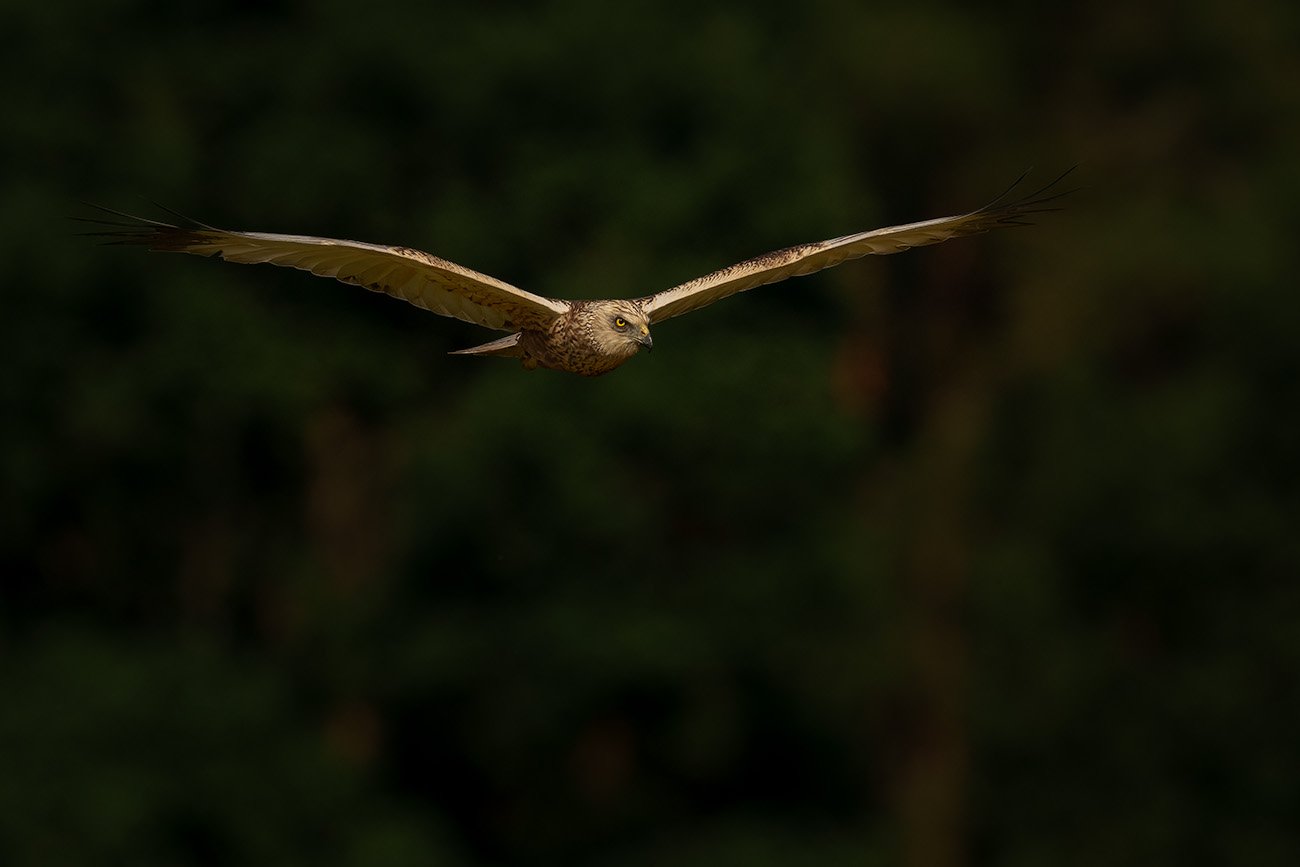
Western marsh harrier (Circus aeruginosus)
The marsh harrier is an elegant bird of prey, often seen gliding over wetlands and reed beds. Its wide wings and graceful flight make it easily recognizable. The contrasting colors of the male and the unique hunting behavior set this bird apart in the world of European birds.
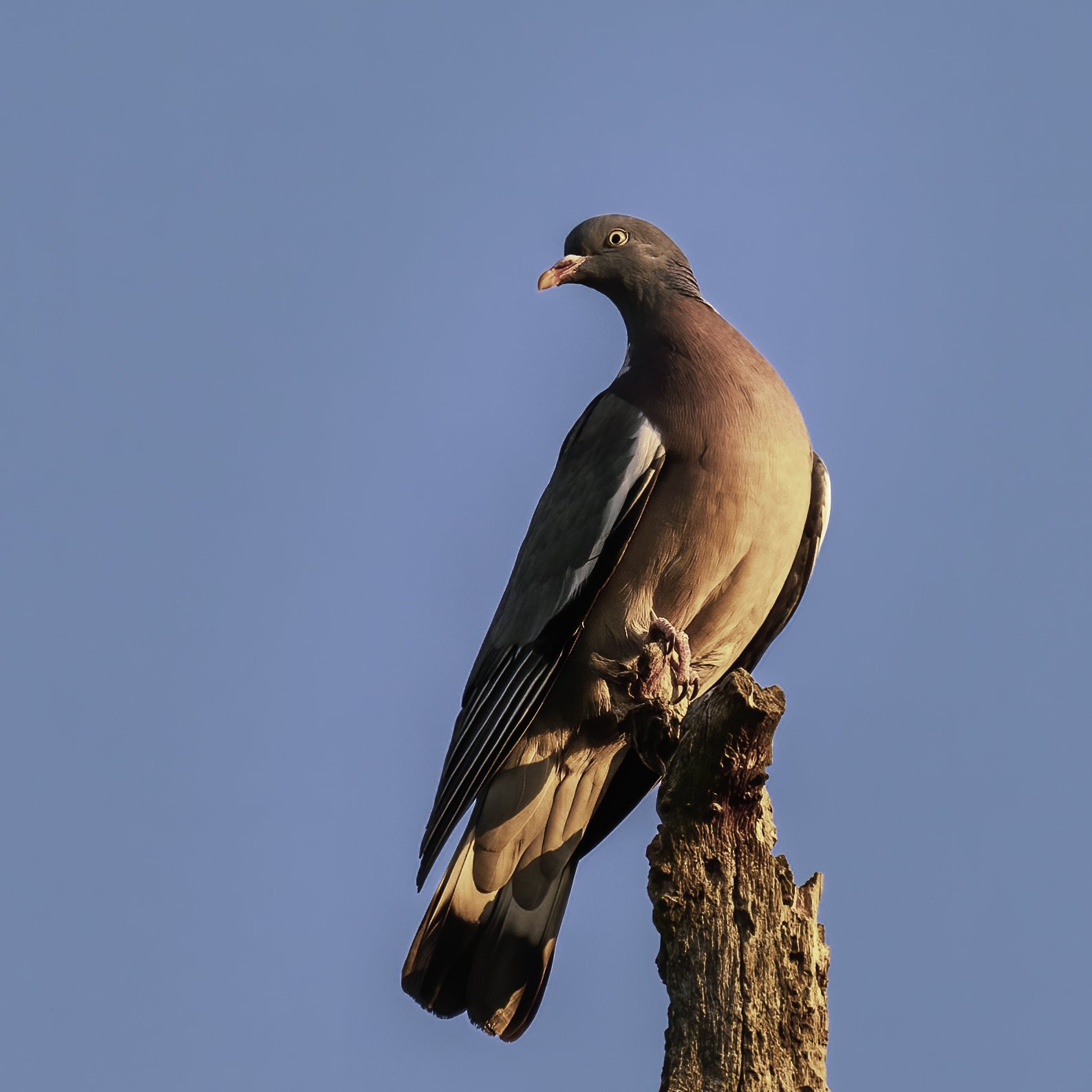
Wood Pigeon (Columba palumbus)
The wood pigeon is the largest and most common pigeon in Europe. It is easily recognized by its characteristic cooing and the white wing stripes that are especially visible during flight. This sturdy bird lives in forests, parks, and is...
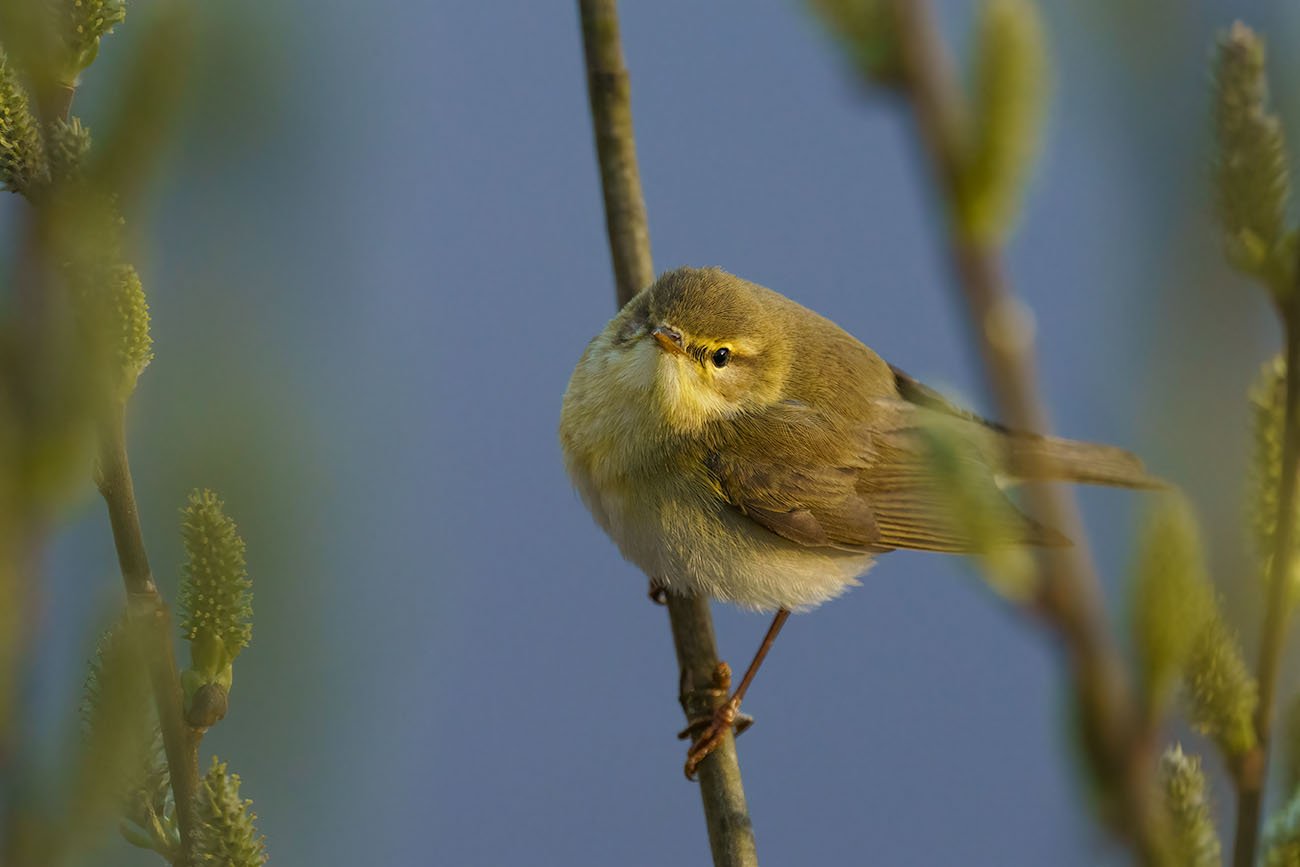
Willow warbler (Phylloscopus trochilus)
The Willow Warbler is a small, slender songbird with subtle yellow and brown tones that help it blend into its surroundings. Despite its understated appearance, it is a common resident of light woodlands, parks, and hedgerows. Its soft, melodious song is a signature sound of spring in...
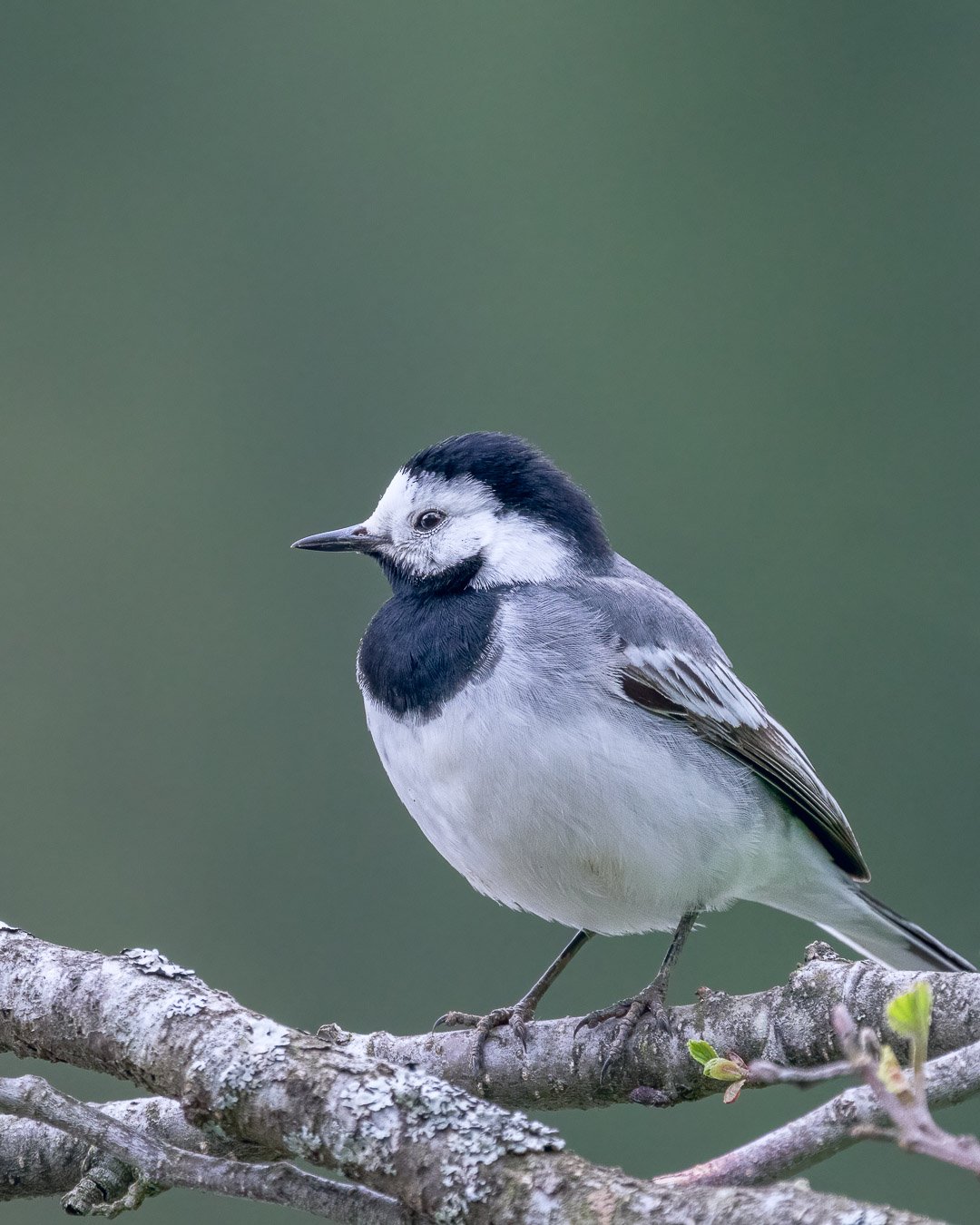
White wagtail (Motacilla alba)
The white wagtail is a small, lively bird with a long tail and striking black and white feathers. Originally found near rivers and lakes, it has now adapted well to towns and cities. You can often see it on roads, in parks, or near water, where it is easy to...
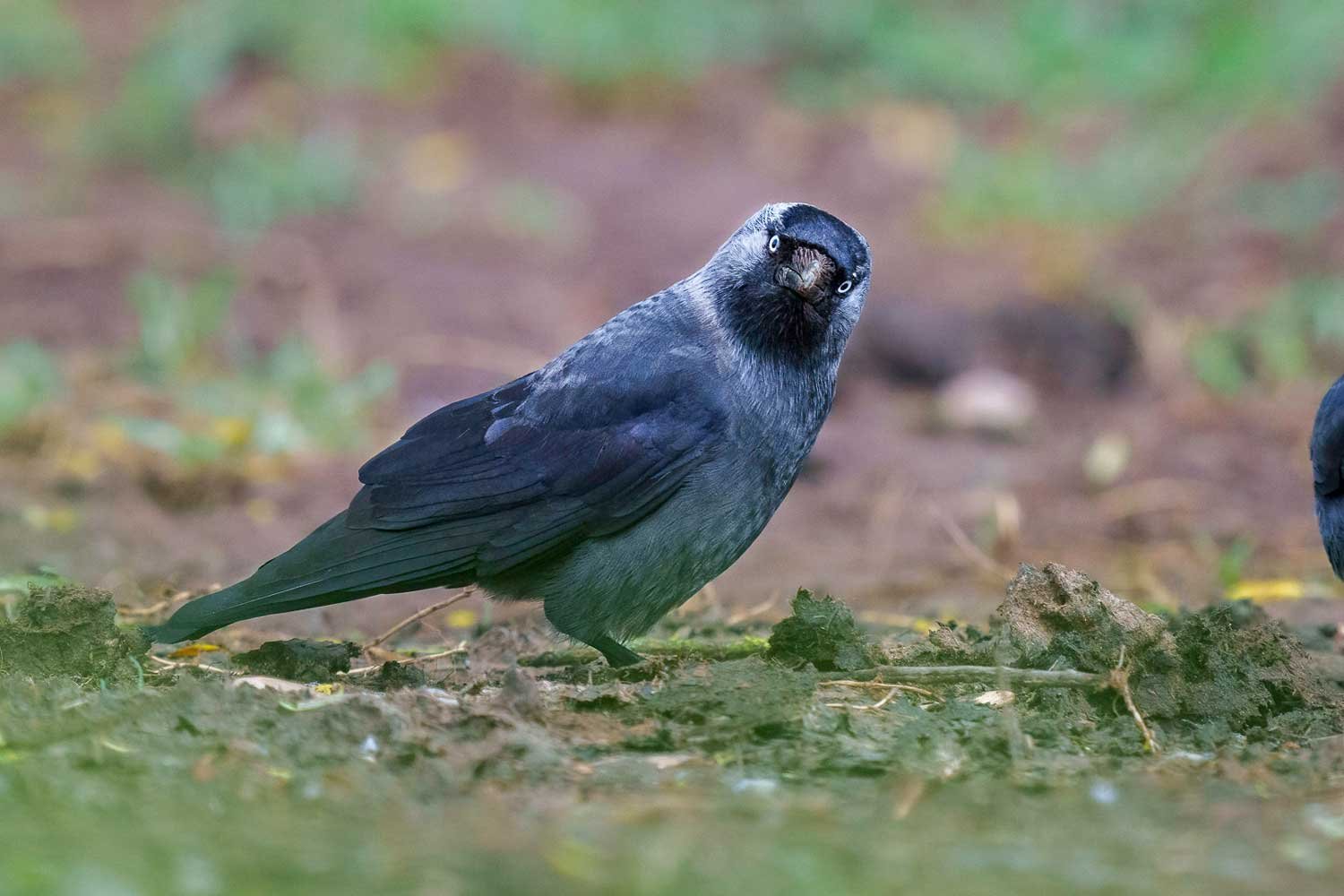
Western jackdaw (Coloeus monedula)
The jackdaw, a smaller member of the corvid family, is native to Europe, North Africa, and parts of Asia. Its habitat ranges from Ireland and Portugal in the west to Siberia in the east, and from Scandinavia in the north to the Middle East and North Africa in the south. The jackdaw prefers open and semi-open landscapes and is often found near human settlements. Typical habitats include forests, fields, parklands, and urban areas, where they frequently nest in church towers, ruins, or chimneys.
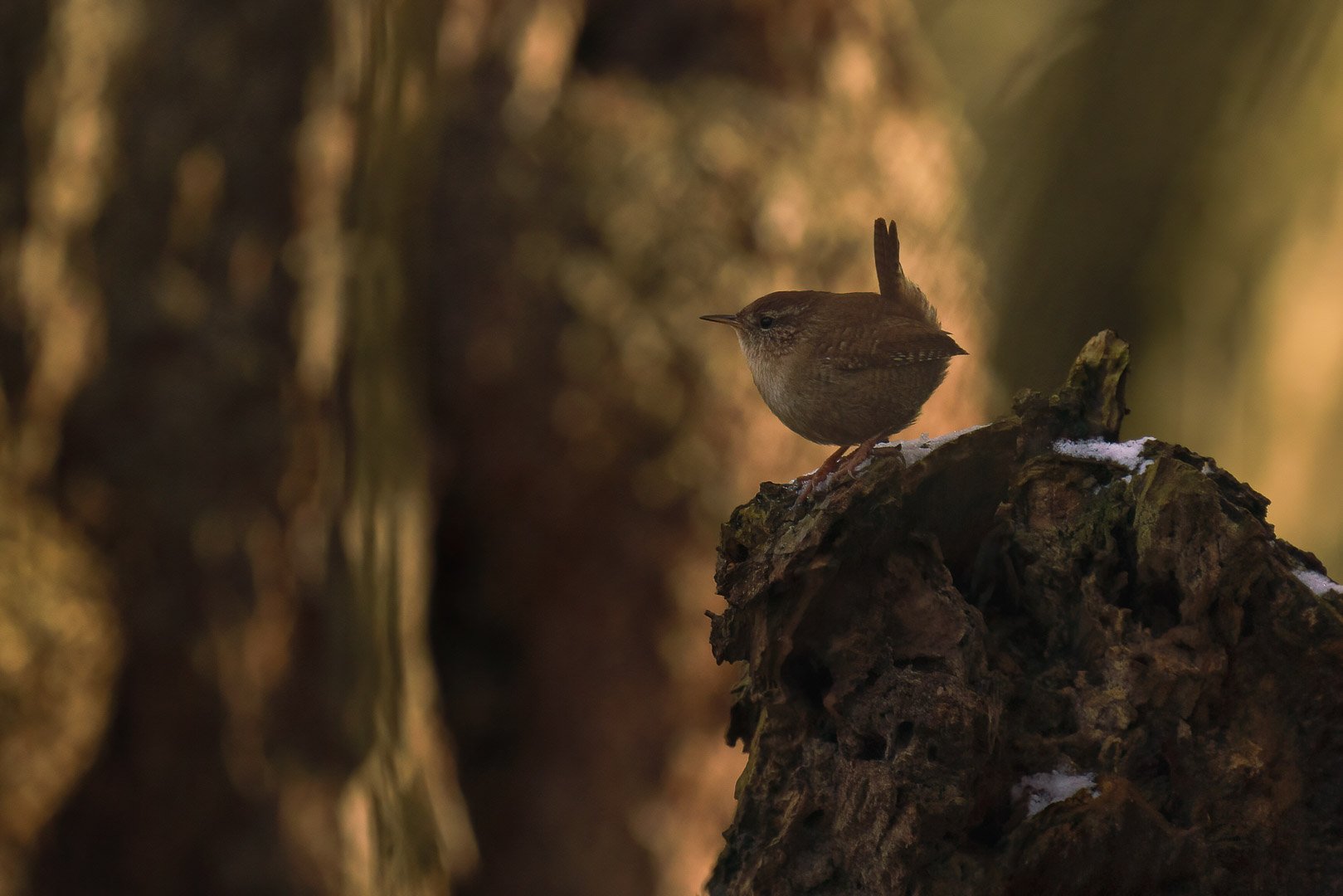
Eurasian wren (Troglodytes troglodytes)
The Eurasian wren (Troglodytes troglodytes) is a small bird measuring only 9-10.5 cm in size and weighing 10 g. Its rust-brown banded plumage camouflages it perfectly in nature. It primarily feeds on insects, spiders, and other small invertebrates, skillfully hopping through the undergrowth. Although the wren is known as a poor flyer
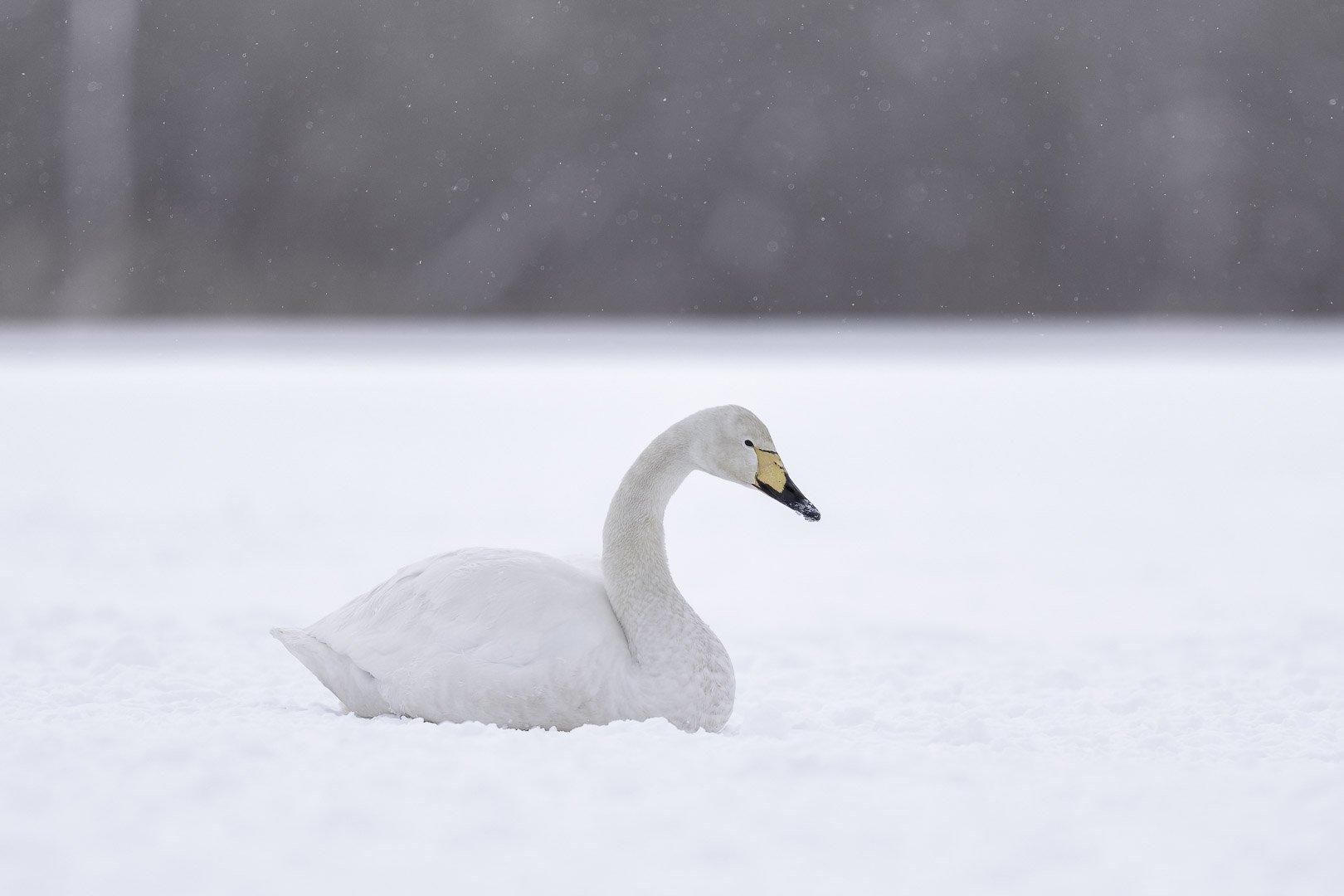
Whooper swan (Cygnus cygnus)
The Whooper swan (Cygnus cygnus) is a large waterbird species, with a wingspan of up to 2 meters and can weigh up to 12 kilograms. They have a long, slim neck and a graceful figure accentuated by their white plumage. Their bill and legs are black, and the base of the bill is yellow. They mainly breed in the Eastern European and Siberian taiga, but can also be observed in Central Europe
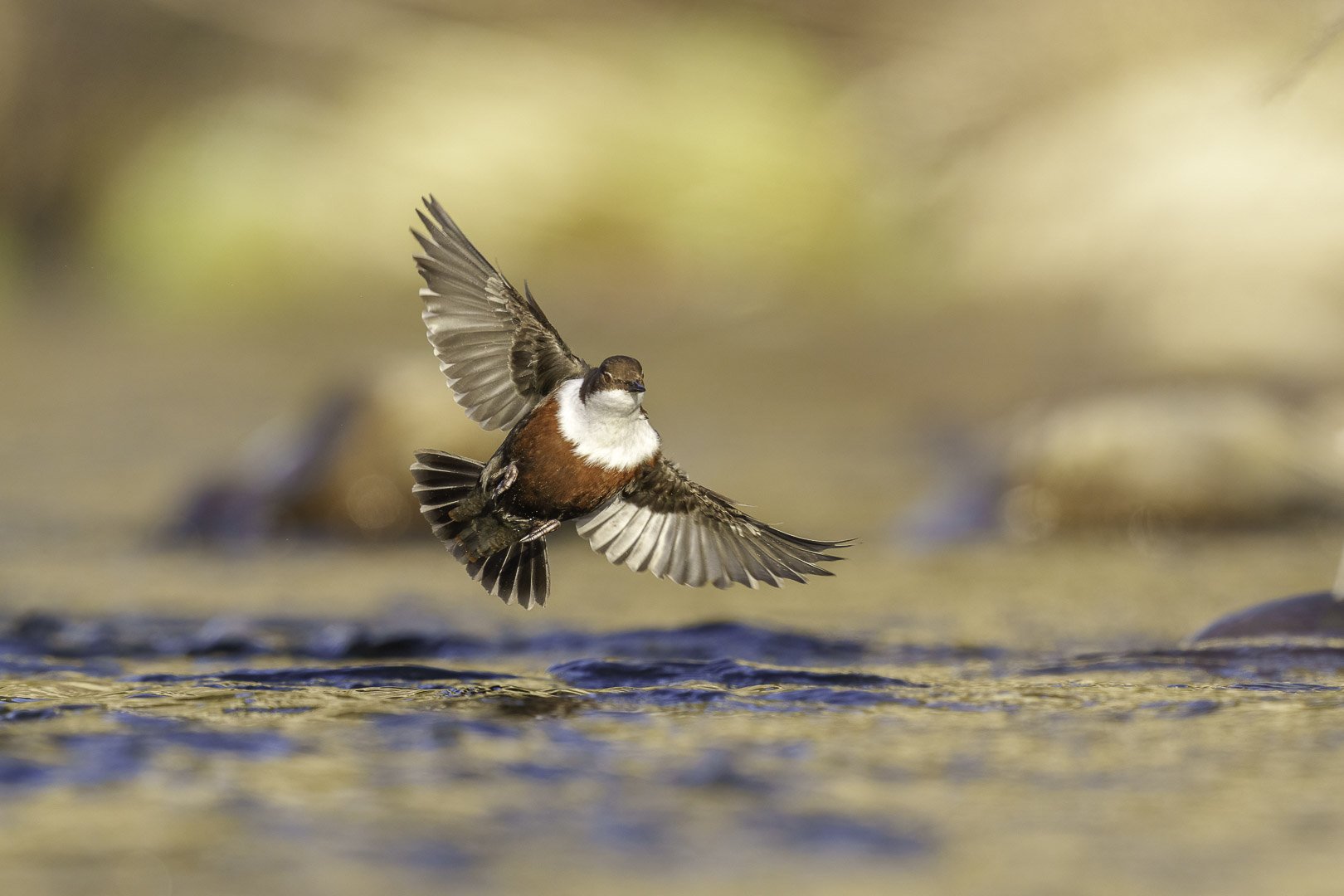
White-throated dipper (Cinclus cinclus)
The Dipper (Cinclus cinclus) is unlike most other songbirds as it lives near water and is an excellent swimmer and diver. This large bird has a stocky appearance, with a length of about 16-18 centimeters and a weight of 50 to 90 grams. Its feathers are dark brown on the upper side and white on the underside, which helps it blend in perfectly when swimming in the

White-tailed Eagle (Haliaeetus albicilla)
The white-tailed eagle is a large bird of prey and belongs to the family of hawks. It is known for its impressive size and strength, as well as its majestic appearance. It has a wingspan of up to 2.4 meters and can reach a body length of up to 1 meter. Its plumage is usually brown, white, and black. The young birds are often darker and only get
